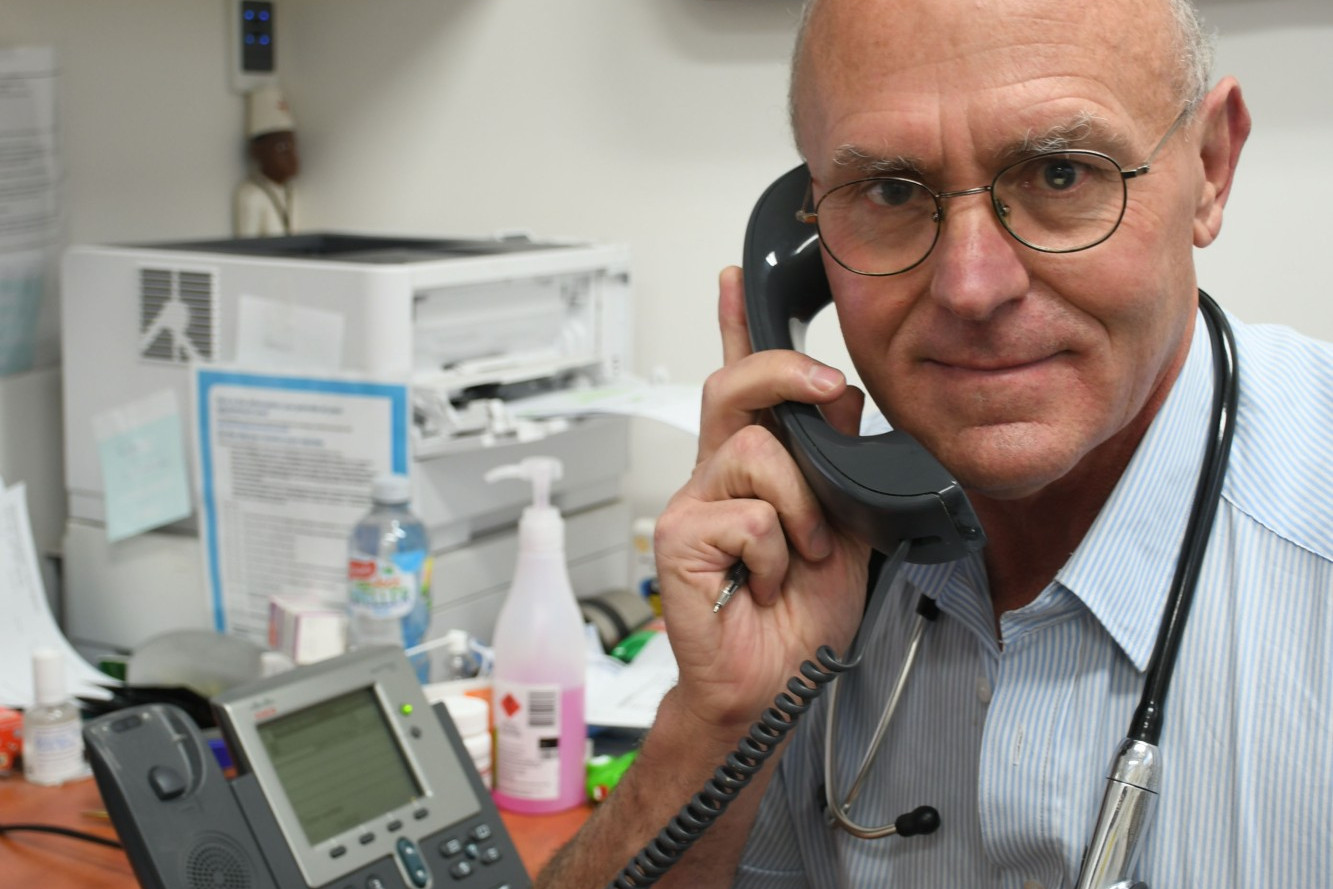General News
21 July, 2022
Calls for axed telehealth rebates to be reinstated
Member for Mallee Anne Webster has slammed the Federal Government’s axing of rebates for some telehealth appointments, with one local GP stating the cuts will have an adverse impact on local residents. The latest Medicare Benefits Schedule, which...

Member for Mallee Anne Webster has slammed the Federal Government’s axing of rebates for some telehealth appointments, with one local GP stating the cuts will have an adverse impact on local residents.
The latest Medicare Benefits Schedule, which came into effect from July 1, removed a rebate for telehealth consultations which ran for longer than 20 minutes, while rebates for video calls remained.
The change has been met with backlash by Dr Webster as well as the Royal Australian College of General Practitioners (RACGP), which has argued it will negatively impact regional and rural communities.
The disparity between accessing a phone call and video call is significant in regional Victoria, particularly when video calls require consistent internet connection which is often lacking in regional areas, including around Maryborough.
RACGP vice president Dr Bruce Willett said the change would broaden the gap between metro and rural communities in accessing healthcare.
“Longer phone consults are essential for patients in rural and remote communities,” he said.
“While I am pleased the college has been able to ensure telehealth has been added as a permanent fixture of Medicare, we maintain that scrapping patient rebates for longer phone consults is a backward step for patient care that will disproportionately affect people in the bush.
“Put yourself in the shoes of a patient in a small town with multiple health conditions, such as asthma and diabetes, who has to drive a long way to see a GP face-to-face and isn’t comfortable using video technology platforms.
“For that patient, a longer phone consult is just what the doctor ordered, but unless the recent telehealth cuts are reversed, they are left out in the cold.”
The Shadow Assistant Minister for Regional Development, Dr Webster was also critical of the change, which she argued would put further strain on the health system.
“The removal of these telehealth services would exacerbate the strain on under-resourced services and decrease the accessibility of health care for rural, regional and remote Australians, including those who live with a disability and the elderly,” she said.
“When telehealth was first introduced, it targeted the health inequity experienced in regional, rural and remote locations. When access to the service was expanded under the Coalition Government the benefits were acutely felt in the regions.
“In every town in Mallee, finding a doctor is an ongoing frustration. I have long advocated for multi-faceted solutions that help alleviate the disadvantage and inequity experienced everyday by people in regional communities.
“Telehealth has unquestionably provided one of these solutions.”
It’s a sentiment local GP Daniel De Villiers agrees with, stating telehealth has made GP and broader health appointments more accessible for local residents.
“Telehealth has a place and is wonderful, there are things that suit it well such as less complex and more mundane appointments such as repeat scripts that shouldn’t require an in-person appointment,” he said.
“I’m very much in favour of telehealth, it’s absolutely suitable for many things and I hope it will be maintained permanently, however it needs to be used appropriately by both doctors and patients.”
Dr De Villiers said he understood why telehealth appointments longer than 20 minutes were no longer covered by Medicare and feels if an appointment went for that long, it would be better placed to be an in-person consultation.
“In my experience very few consultations will go for that long, certainly some mental health cases do go for that long but in that instance, it’s better to see the individual in-person,” he said.
“Governments of all persuasions are looking for cost savings and 20 minute health consults weren’t really being used so I think it makes sense.
“I certainly don’t see a need for telehealth consults that go over 20 minutes.”